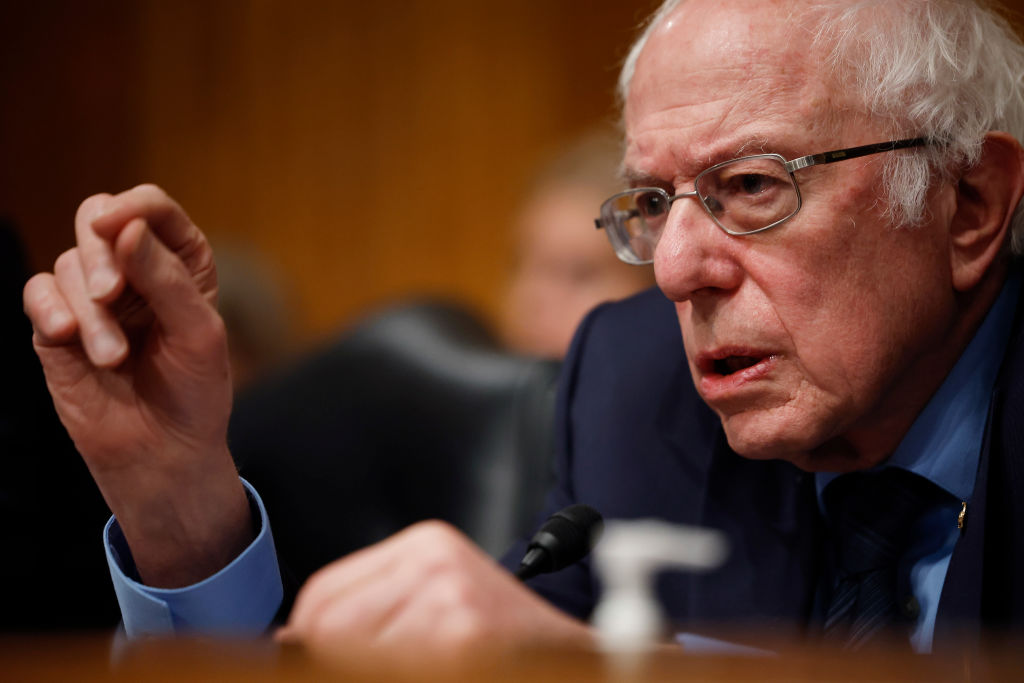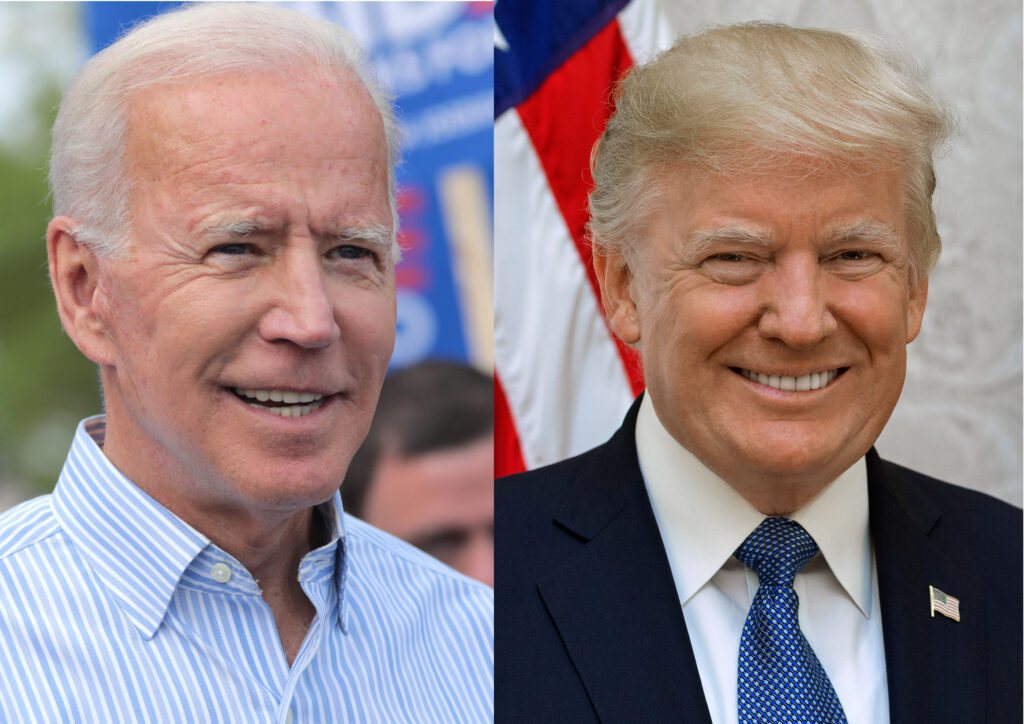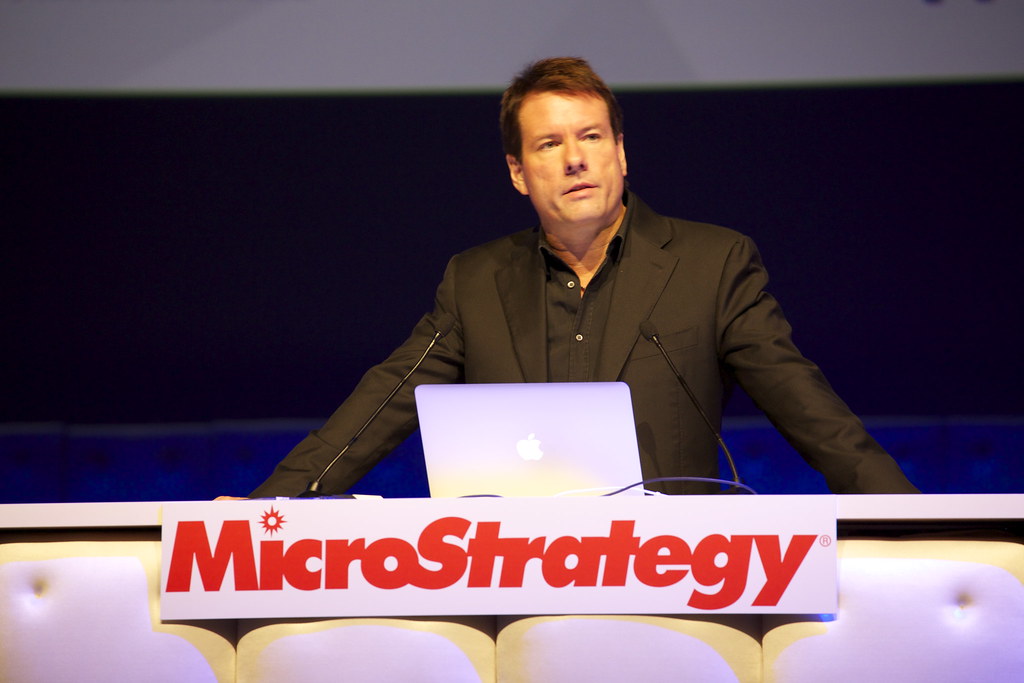In a move that could redefine the American work-life balance, Senator Bernie Sanders and his colleagues have introduced a bill advocating for a 32-hour federal workweek, citing the significant strides made in artificial intelligence and automation. This legislative proposal, which aims to adjust the workweek from 40 to 32 hours over a four-year period, is not just a nod to technological progress but also a response to the changing dynamics of labor and productivity in the modern era.
Sanders, during a Senate Committee on Health, Education, Labor and Pensions hearing, highlighted the stark contrast between the technological advancements that have increased worker productivity by over 400% since the 1940s and the stagnant or declining wages that workers face today. The proposed bill, co-sponsored by Senator Laphonza Butler and Representative Mark Takano, seeks to ensure that the fruits of AI and automation are shared with the workforce, not just the corporate elite.
The bill’s proponents argue that a reduced workweek would not only reflect the efficiency gains from technology but also enhance the quality of life for workers, allowing them more time for family, hobbies, and community engagement. Senator Chris Murphy emphasized the value people find in activities outside of work, underscoring the potential societal benefits of the legislation.
However, the proposal has met with resistance, particularly from Republicans who fear the impact on small businesses and industries that require longer operating hours. Senators Bill Cassidy and Mike Braun have voiced concerns about the bill’s potential to exacerbate inflation and harm business viability.
Despite these objections, there is evidence to support the notion that a shorter workweek could lead to increased productivity and well-being. Boston College sociology professor Juliet Schor presented research indicating that both workers and management could see hourly productivity rise with a 32-hour workweek. Kickstarter’s Jon Leland also testified to the success of a four-day workweek in his company, with improvements in goal achievement and employee retention.
The debate is further fueled by the predictions of business leaders like Bill Gates and Jamie Dimon, who foresee a future where AI and automation could reduce the workweek to as little as three days. While the potential of AI is still unfolding, the conversation around work hours and productivity is gaining momentum.
Sanders’ bill is a response to a long-standing issue: the disconnect between productivity gains and worker compensation. The Fair Labor Standards Act of 1938 established the 40-hour workweek, but as Sanders pointed out, many Americans now work significantly more than that, with little to show for it in terms of wage growth.
The idea of a shorter workweek is gaining traction globally, with successful trials in the UK and Japan indicating positive outcomes. However, the path to legislative change in the US is fraught with political challenges. With a divided Congress, the bill’s future is uncertain, but it has sparked a vital conversation about the future of work in an era of rapid technological change.
The Thirty-Two Hour Workweek Act represents a visionary step towards reimagining the American work ethic in the context of 21st-century advancements. It challenges the status quo and invites us to consider how we value time, labor, and the human experience in an increasingly automated world. Whether or not the bill passes, it has undoubtedly ignited a debate about the role of work in our lives and the potential for technology to liberate us from the confines of the traditional workweek.
Related posts:
Democrats cite AI gains and automation in Senate bill calling for 32-hour workweek
Sanders pitches 4-day workweek bill in US Senate
Bernie Sanders champions bill to create 32-hour workweek without pay loss





